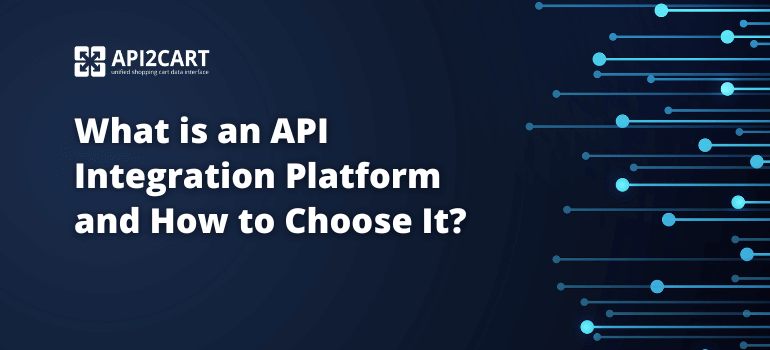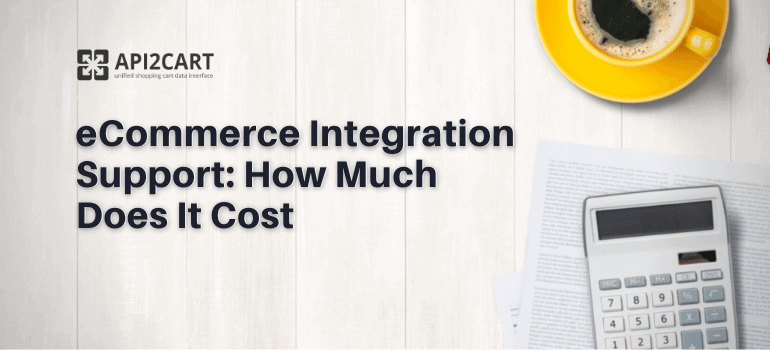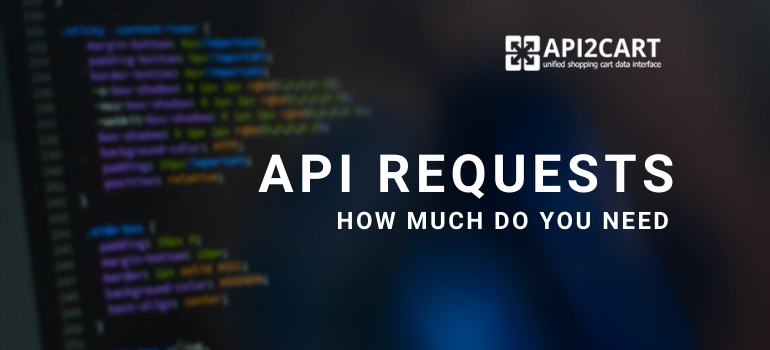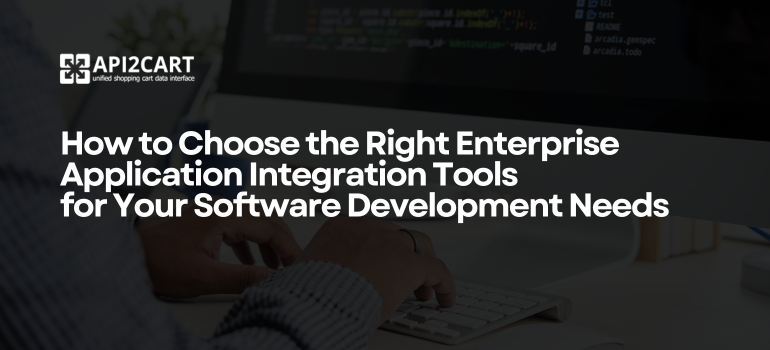
API2Cart as a Popular Enterprise Application Integration Tool for eCommerce Integrations
In the world of Enterprise Application Integration (EAI), software developers working with eCommerce platforms often face the challenge of integrating multiple shopping carts and marketplaces into their applications. API2Cart is a specialized integration-as-a-service solution designed to simplify this process by offering a unified API to connect with various eCommerce platforms. Moreover, it reduces the complexity typically associated with integrating multiple systems.
API2Cart is a cloud-based integration tool that enables software developers to connect their applications with 60+ eCommerce platforms and marketplaces, including Shopify, Magento, WooCommerce, BigCommerce, OpenCart, PrestaShop, and others, at once. Therefore, instead of building and maintaining multiple separate integrations, developers can use API2Cart’s single API to access essential store data like orders, products, customers, shipments, and categories. This eliminates the need for redundant setups and reduces long-term maintenance costs.
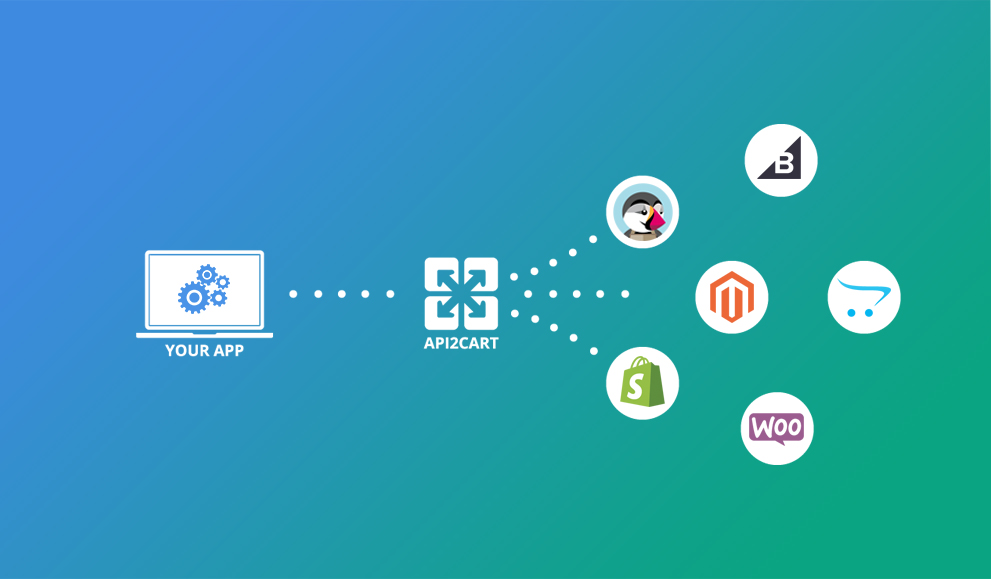
Why API2Cart is a Leading Enterprise Application Integration Tool:
- Solves the Challenge of Multi-Platform Integration:
- Instead of building separate integrations for Shopify, WooCommerce, Magento, etc., developers connect once to API2Cart and access all platforms through a single API;
- Eliminates the need to track and maintain individual platform APIs.
- Reduces Development Time & Costs:
- Pre-built API methods reduce integration time from months to days;
- No need for separate authentication or OAuth setup, API2Cart handles store connections automatically.
- Ensures Scalability for SaaS Providers:
- Developers can expand their services to multiple platforms without additional coding;
- Supports enterprise-grade security, scalability, and automation for high-volume eCommerce transactions.
Therefore, for enterprise software developers, API2Cart is a powerful Enterprise Application Integration (EAI) tool that enables fast, scalable, and cost-effective integration with multiple eCommerce platforms.
For this reason, get started with a free trial today and see how it can transform your integration process. All you need to do is to book a FREE demo and contact our managers.
Conclusion
Enterprise Application Integration (EAI) tools play a crucial role in helping software developers streamline the process of connecting various business applications, automating workflows, and ensuring seamless data exchange. In particular, whether working with CRM, ERP, eCommerce platforms, or cloud services, developers need reliable integration solutions to build scalable and efficient systems.
For developers working in the eCommerce sector, API2Cart stands out as a specialized solution, providing a unified API to connect with multiple shopping carts and marketplaces. As a result, this simplifies integration efforts, allowing SaaS providers to focus on innovation rather than managing multiple platform connections.
Choosing the right EAI tool depends on factors such as integration complexity, scalability, security requirements, and business needs. Therefore, by selecting a solution that aligns with project goals, software developers can ensure smoother integrations, enhance productivity, and contribute to the overall success of enterprise applications.
FAQs
For example, API2Cart offers a similar capability by providing a unified API to integrate, sync and manage important store data from 60+ eCommerce platforms and marketplaces in one place.
For other device or system integrations, tools like Zapier, Integromat (Make), and n8n can help automate workflows and connect different apps and systems without needing extensive coding.
